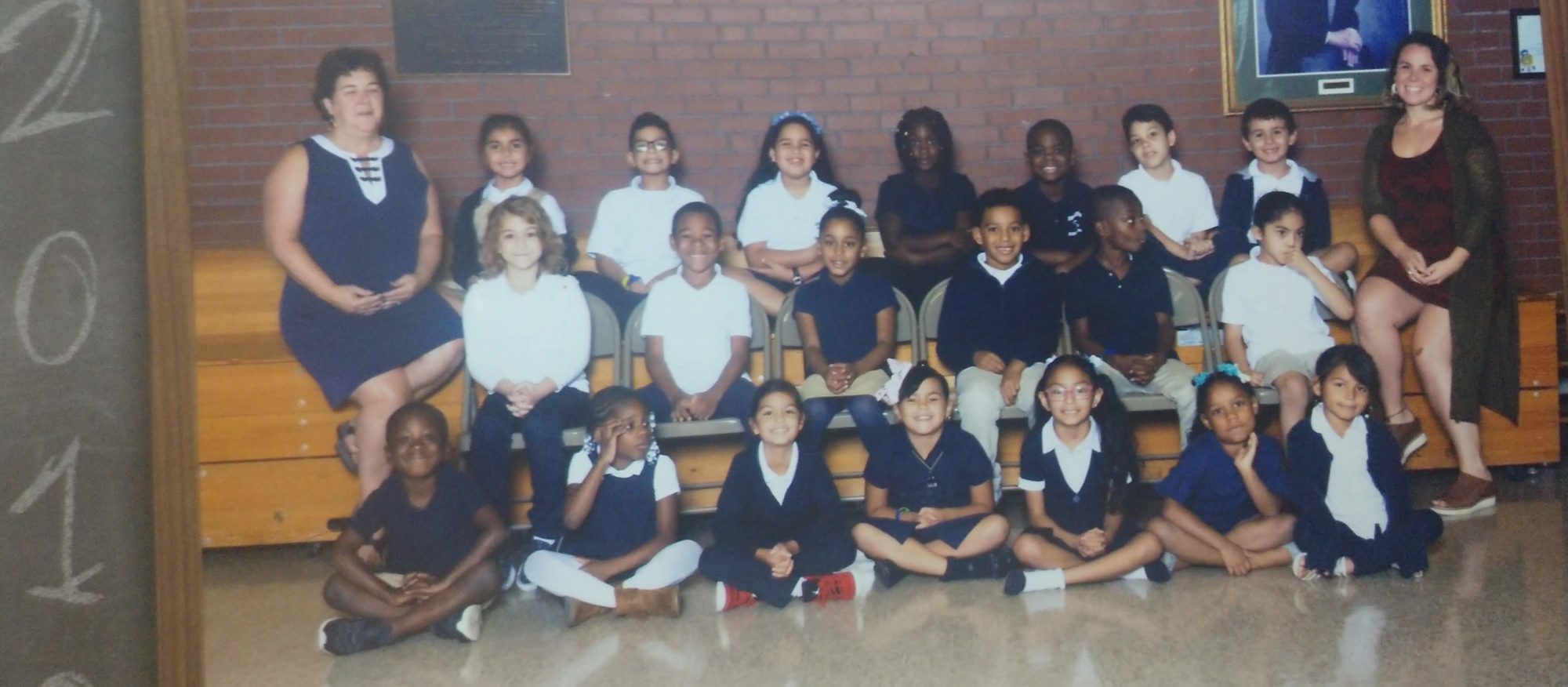Involving the community and families in my teaching is imperative to creating a well-rounded multi-dimensional classroom that supports students. Below are a few examples of the ways I inolved families and the community:
Pen pal letters
At the beginning of the year I decided to reach out to my own second grade teacher from Hilltown Cooperative Charter Public School from 2003 to see if she was still teaching and if she’d be interested in setting up a pen-pal writing project between our two classess. She agreed, and it was a fruitful writing process and a joy for my students!
Writing letters was a great way to expand our learning beyond our classroom walls and take my student’s inquiry beyond the people they were surrouned with daily. Through this practice, students could get to know students from another part of Massachusetts (Easthampton) and expand their horizons.
Guest visitors
In every unit, I brought in a guest speaker (or two!) to share with us their expertise. As a teacher, it is imperative for my students to know that I am not the expert. My biggest job is to facilitate their own inquiry practice, and oftentimes that means opening the doors to those who are truly experts on an issue.
In my three units, I brought in guest teachers to share with us the class their expertise.
- What does it mean to be a good citizen?
- Jenny Villegas Garcia /// Jenny (Of Los Angeles) came in to share with us the important work she does on the Mexico-US border to keep refugees safe. We video-chatted with her for a long conversation in which my students asked questions about how she is a good students, and through their responses, it seemed to be very impactful!
- Please see my video on this unit to hear part of our conversation.
- Jenny Villegas Garcia /// Jenny (Of Los Angeles) came in to share with us the important work she does on the Mexico-US border to keep refugees safe. We video-chatted with her for a long conversation in which my students asked questions about how she is a good students, and through their responses, it seemed to be very impactful!
- Becoming Engineers
- Dr. Daniel Levy /// Dr. Levy (of Northampton, MA) taught an inquiry-based class to my students based on the essential question: “Why are structures built the way they are?” Students toyed with the ideas of the purpose of the structure, the materials, how much money they could use, the climate, etc.
- What is culture?
- William Polanco /// Mr. Polanco (of Worcester, MA) is the father of one of my students and came in to talk with us about the Puerto Rican flag and share some history. It was a wonderful jumping off point for us to talk about the importance of their own flags in lessons to follow.
- Afriany Ventura /// Afriany came in to share with us a delictable snack from her family’s country of origin: The Domincan Republic! My students had a blast making, baking, and eating empanadas.
Communication with parents
Because I started off this year as an observer in the classroom, my communication with parents didn’t begin until the later part of the year, when it became my responsibility to reach out to them. Over the course of the year, I reached out to several parents regarding the behavior of their child in class as well as to ask them about their child to deepen our studies in class.
With regards to behavior, there are a couple of students in my class who have specific behavioral plans who have a hard time keeping their body safe around other students, or who have a pattern of disrupting the classroom. For these students, my communication with parents is daily and transparent. The more communication with them, the more we can both support their child!
I enjoy speaking with parents as it helps me understand my students even better. With my own classroom, I would make sure to speak with every parent toward the beginning of the year so as to gain some more insight on my student’s home life, and to better inform the way I teach.
